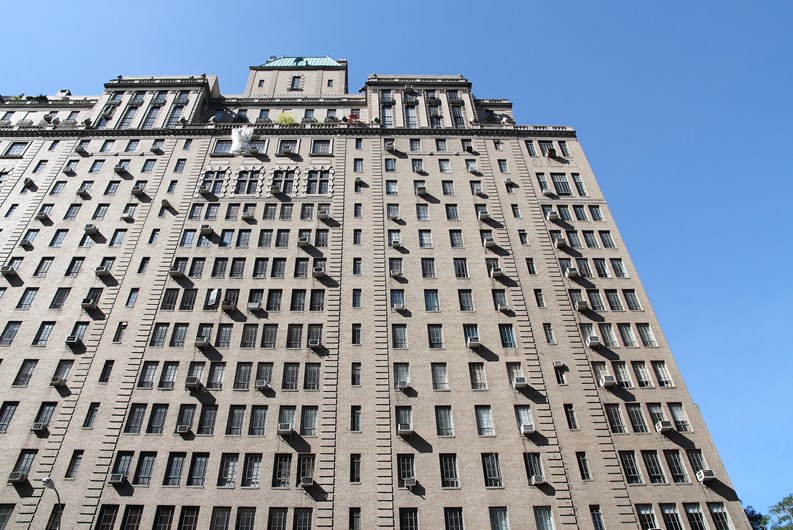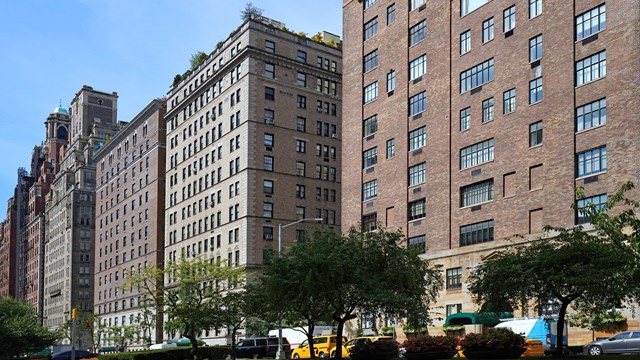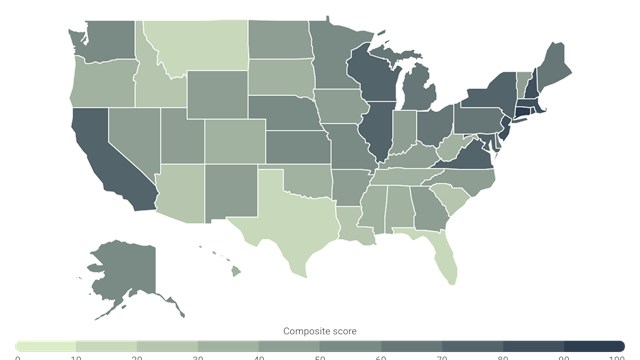A recent court case involving a dispute between the board of The Parc Vendome—a 587-unit prewar condo building on Manhattan’s West Side—a commercial tenant in the building, and the building’s own residents has thrown new light on the question of how and what is the proper process for condominium boards to approve commercial leases, or exercise their right of first refusal in rejecting one. As we’ll see, condominium boards should be cautious in how they approach this process.
The Case
In a summary of the case on coopcondocaselawtracker.com by attorney Scott Pashman of NYC law firm Cozen O’Connor, Pashman outlines the basic facts:
“For more than a decade, the board of The Parc Vendome…prevented the owner of the commercial unit, Parc 56 LLC, from realizing the value of its investment. The board refused to waive, or exercise, the board’s right of first refusal with respect to a proposed commercial tenant. It refused to honor its alteration agreement with the commercial unit owner that became effective after the board did not timely object as required by the bylaws. It also refused to sign forms for filing with the Department of Buildings to amend the certificate of occupancy unless the commercial unit owner agreed to take on unknown costs associated with bringing common elements up to code that had no connection to the commercial unit.”
This situation eventually led to a lawsuit against the board by the commercial unit owner. Both the trial court and Appellate Division awarded summary judgment to the commercial unit owner, finding that the board “had breached its fiduciary duties, acted in bad faith, taken frivolous positions, and attempted to perpetuate a fraud on the court.”
Additionally, notes Pashman, residential unit owners at The Parc Vendome filed suit against the board members to hold them personally responsible for “the costs and damages caused by their bad-faith breaches of fiduciary duty, and to prevent them from imposing those costs and damages on the unit owners through assessments or otherwise.” The court ruled in favor of the plaintiff unit owners, and said that “individual board members may be held liable where they have participated in the corporation’s tort or otherwise acted in bad faith in the discharge of their duties.” So according to the court, both the costs of defending the underlying $11.5 million lawsuit and any damages assessed fall on the defendant board members—a decision that nullifies any Directors & Officers (D&O) liability insurance the board or board members may have carried, making them solely responsible for paying out-of-pocket.
“If upheld on appeal,” says Pashman, “the individual board members will be on the hook for the eventual award of damages and for the fees and costs of that litigation if not covered by insurance.” Yikes.
What is the RoFR?
The Parc Vendome case may be an extreme example of how the supposed boon of having a commercial tenant as an income stream in your building can turn sour, but how is the process actually supposed to work?
In simple terms, condo association boards can’t outright reject a tenant for a commercial condominium unit on their property. Rather, boards have what is known as a right of first refusal, RoFR. Basically, this means that if they are unwilling to accept a tenant presented by the commercial condo unit owner, the association can lease the space themselves—at the same rent the commercial unit owner would have received from the rejected tenant—and then find a suitable tenant to sublet it from them. Sounds onerous, right?
It is indeed, both administratively and financially. And of course it’s a bit more legally complicated as well, but we want to keep things simple here. The bigger question, one reflected in the Parc Vendome case, is whether a board should, could, or would use the approval of a commercial lease—or any lease, for that matter—as a cudgel to extract concessions from a commercial unit owner on other issues, as part of lease negotiations. (Pashman notes that the Parc Vendome board refused to sign key forms for the commercial unit owner “unless the owner agreed to take on unknown costs associated with bringing common elements up to code that had no connection to the commercial unit.”) The answer to that is a qualified no.
What Rules & Regulations Govern Lease Approvals?
Are there rules for a board’s prerogatives in approving a lease? Yes—and they’re found in every condo association’s governing documents. “The process is one hundred percent governed by the association’s bylaws,” says William McCracken, a partner with Moritt Hock Hamroff, a law firm based in Manhattan. “It’s black-letter law. If a condo has the right of first refusal, which is not always guaranteed but generally typical, the approval process is a purely contractual thing. It’s in the bylaws; it’s not statutory or through common law.”
Hal Coopersmith, a partner with law firm Coopersmith & Coopersmith, also located in Manhattan, adds that, “Retail condominium units can often have broad authority for leasing under the condominium’s governing documents, often without the need for approval. Nevertheless, a board should always follow the governing documents and approval process if approval is required—and furthermore [because] failure to do so can expose the board and its members for breach of fiduciary duty.”
Should Lease Negotiations be Used to Obtain Concessions?
This is not only a matter of law, but also one of good governance and good neighborliness. One of the unique features of shared community living in urban environments is how closely and carefully we must live with our neighbors. You don’t want to cause bad feelings or end up in court. The question arises as to whether a board should use their right of first refusal to push or punish a commercial unit owner to obtain concessions not directly related to the lease or new tenant.
“When a board has the RoFR, they have the power to exercise such in every case,” says McCrackin. “If the board is not happy with the terms of the lease, they can exercise their right. If a board has the money to back up the decision to exercise that right, they hold all the cards. They can say, ‘If you don’t do this, that, or the other, we will exercise and take over the space.’ That’s tremendous leverage, almost on par with a co-op board. The real issue is that there are rarely boards that have the money lying around to do this. So often it’s an empty threat, and everyone knows it. Then it becomes a question of how much they can get away with without exercising that threat—and that’s where they run into trouble. They overreach, and the commercial unit owner can call their bluff.”
“The business judgment rule can provide broad authority to a board, but that authority cannot be abused,” says Coopersmith. ”If a board is shown to be acting in bad faith, it can have significant consequences. Boards cannot act in bad faith. Ultimately, it’s important to understand what the prospective use may be, and to ensure that the building is protected while also abiding by the building's governing documents.”










Leave a Comment